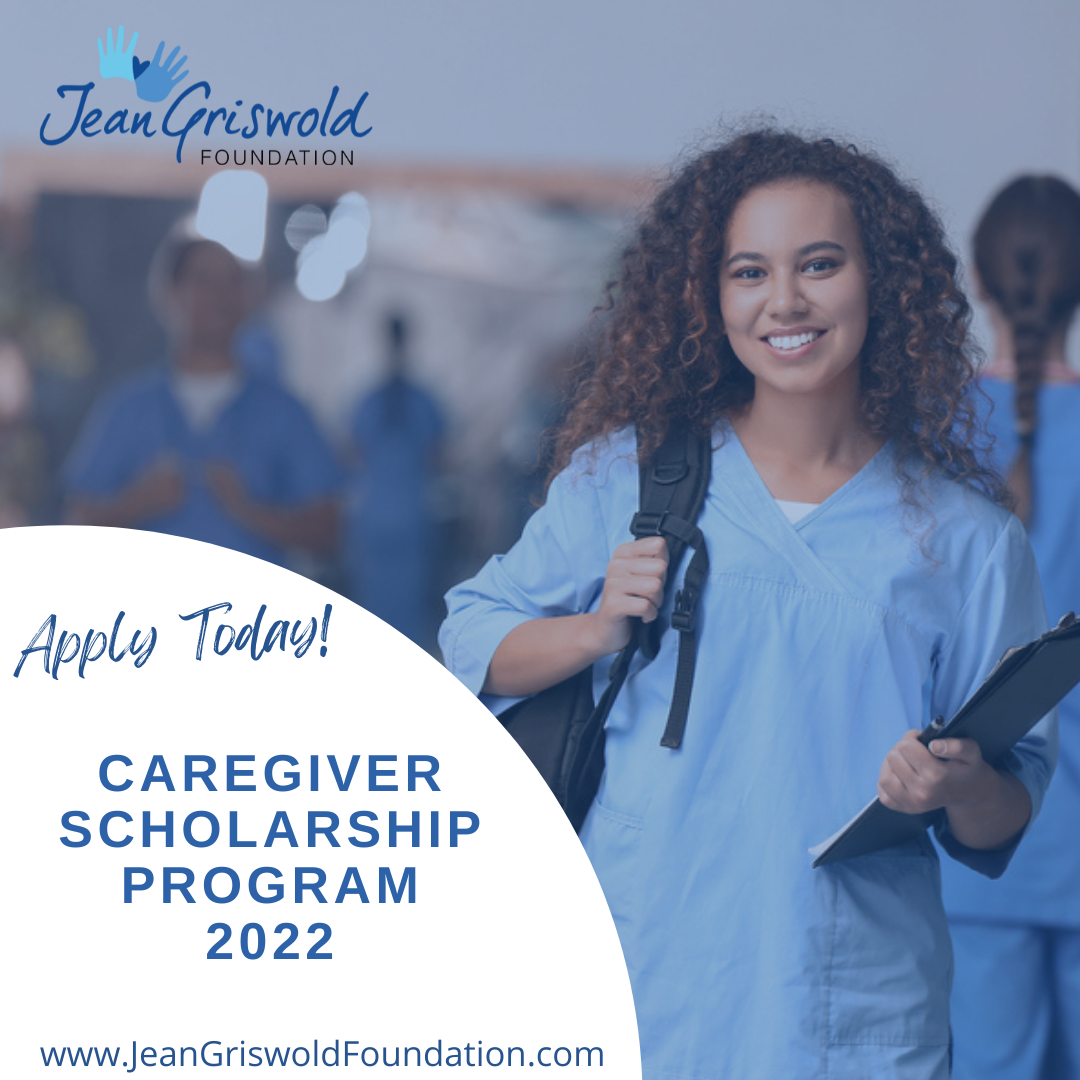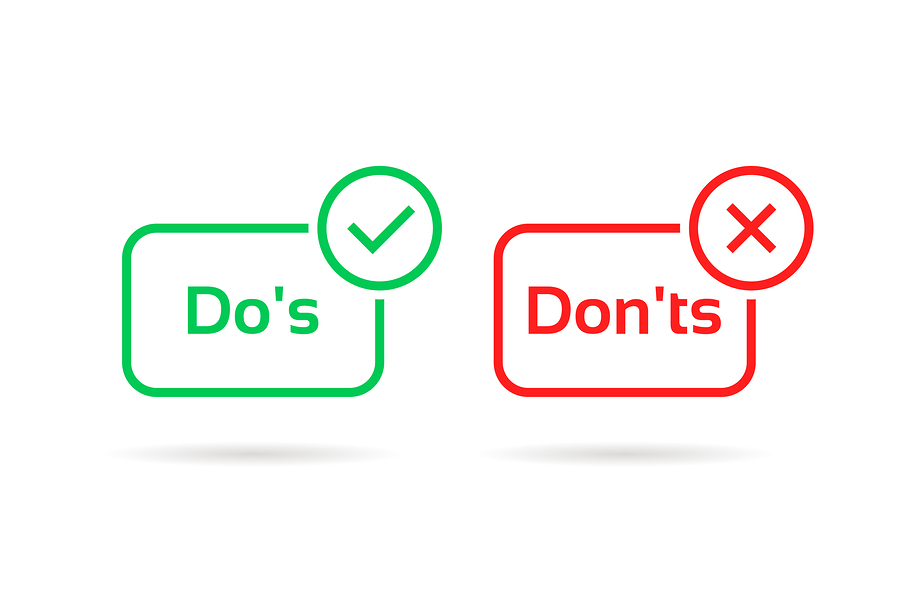Caregiver Competency: Checklist and FAQs
Category:
Home care agencies, which offer the type of senior care that is considered more custodial than clinical, are vital for older adults and people with disabilities. The services they provide play an important role in keeping clients as independent as is safely possible.
These agencies, also referred to as non-medical home care, rely on caregivers to perform a wide variety of tasks on their clients’ behalf. Some of the most common ones are light housekeeping, meal preparation, personal care assistance, transportation, and running errands. Because team members work one-on-one with clients, setting high standards for caregiver competency is essential.
Testing a Caregiver’s Competency
Depending on the state you live in, the agencies you are considering employing may require their team members to successfully pass a caregiver competency test. In addition to state regulations, home care agencies often have their own in-house training programs that staff must complete. Many have not only an initial orientation for new caregivers but also ongoing training requirements.
Some states have more relaxed training requirements than others. Texas, Florida, and Massachusetts have very few conditions caregivers must meet. By contrast, California, Georgia, New York, New Jersey, and Washington are among the toughest. If you aren’t certain what the regulations are in your state, you can look them up on this caregiver site.
Caregiver Competency Checklist
What knowledge and skills does it take to become a caregiver?
A typical caregiver competency checklist includes:
- Emergency response: Being aware of how to react in emergencies, such as when an older client falls, is experiencing chest pain, is choking, or is having difficulty breathing.
- Client complaints: Knowing how to handle client complaints about a family member.
- Elder abuse: Recognizing and knowing how to respond to warning signs that may suggest an elderly client is being abused.
- Fire safety: Understanding what procedures to follow if there is a fire in a client’s home.
- Encouraging independence: Knowing how to promote a senior’s independence (i.e., encouraging them to stay active by utilizing mobility aids) without jeopardizing their safety.
- Universal precautions: Being familiar with universal precautions, along with when and how to follow them when caring for clients.
- Handwashing: Being aware of the proper procedures for handwashing and what situations require that hands be washed again.
- Communication: Mastering techniques for conversing with older adults and those who may have impaired communication skills, such as people with Alzheimer’s disease.
- Identifying changes: Being observant and able to identify changes in a client that warrant follow-up with a supervisor or family member, as well as those that require a call to 911.
- Lifting, transferring, and positioning: Knowing proper caregiver techniques for vital hands-on tasks, such as lifting, transferring, and positioning a client.
- Medication: Understanding the protocols and limits home care team members must follow when providing medication reminders and oversight.
- Boundaries: Demonstrating good judgment in being an empathetic caregiver while still setting healthy boundaries with clients.
Answering Your Questions About Caregiver Competency
Whether you are an individual hoping to launch a new career as a caregiver, or a family member trying to learn more about caregiver requirements, Griswold can help. One of our experienced team members will be happy to help!
Subscribe
Date: November 6, 2019
Category:


